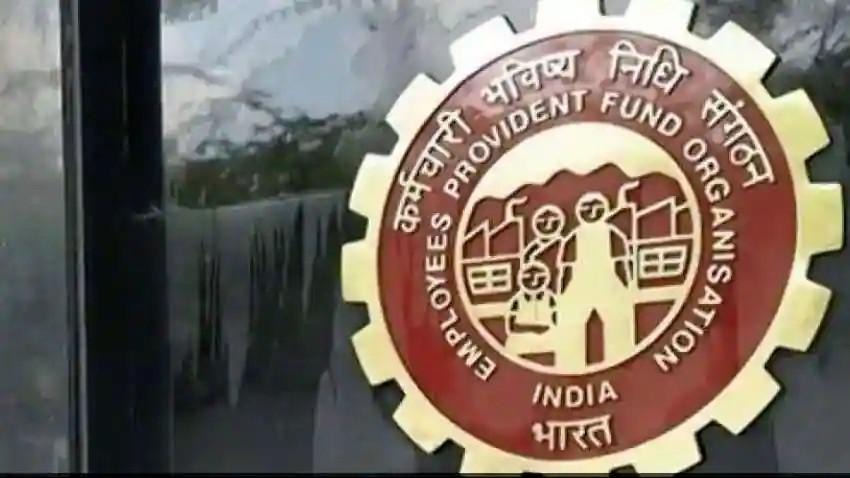What is Employee Provident Fund (EPF)?
Employee Provident Fund, popularly known as PF is the retirement saving scheme available to all the salaried employees, is backed by the government on which fixed interest is paid.
The employee provident fund is administered by the Employees Provident Fund Organization (EPFO), a statutory body developed by the government of India under the Ministry of Labor and Employment. It is formed to administer the mandatory contribution towards the PF scheme by both the employees and employers.

What are the features of Employee Provident Fund?
- Today, many Employee provident fund organizations offer the PF (provident fund) facility. The Employee Provident Fund (EPF) and Employee Pension Scheme (EPS) are the two types of retirement saving schemes offered under the Employees’ Provident Funds and Miscellaneous Provisions Act, 1952, intended for the salaried employees.
- For every employee, it is mandatory to contribute towards EPF and EPS if he is drawing a basic pay of up to Rs 6500. If an employee is drawing a basic salary over 6501 per month, then he can ask for PF deductions from his salary.
- One of the features of provident fund is that both the employees and employers contribute 12% of the basic wages and dearness allowance to the provident fund (PF) account. Thus, the total contribution to the PF is 24% per month.
- In the provident fund account, entire 12% is contributed by the employee, while 3.67% is contributed by the employer. The employer’s remaining contribution of 8.33% is diverted to the Employee’s Pension Scheme. It is important to note that if the employee salary exceeds Rs. 6500, the employer’s contribution towards EPS is restricted to 8.33% of Rs 6500 (Rs. 541) per month.
- Currently, Employee provident fund interest rate is 8.8% per annum (w.e.f. Feb 2016). The interest is decided by the Government with the consultation of the Central Board of Directors of the EPFO.
- The Employee Provident Fund also offers the nomination facility. An employee can nominate his mother, father, spouse or children who are entitled to receive EPS money in the event of the death of an employee. However, an employee cannot nominate his brother and sister for EPF.
- The employee contribution to the EPF can be claimed for the deductions under section 80 C of the Income Tax Act.
What are the EPF withdrawals Rules?
An employee cannot withdraw a full EPF balance before attaining the age of retirement. In the case of a cessation of the employment, the maximum withdrawal cannot exceed the aggregate contribution of the employee and the interest accrued thereon. An employee can withdraw an employer’s portion only after attaining the retirement age.
An employee can withdraw only his contribution and the interest accrued thereon on resigning from the job. The portion of the employer’s contribution is available only when he attains the retirement age. So, the employee continues to be a member of the EPF scheme until he attains the age of retirement.
The retirement age has been increased from 55 years to 58 years.
An employee can withdraw up to 90% of the EPFO balance on attaining the age of 57 years.
After one stops working, can they still contribute to EPF?
According to EPFO, an employee cannot contribute to employee provident fund account if they stop working. Any contribution by the member must be matched with the employer's share of contribution.














































.avif)